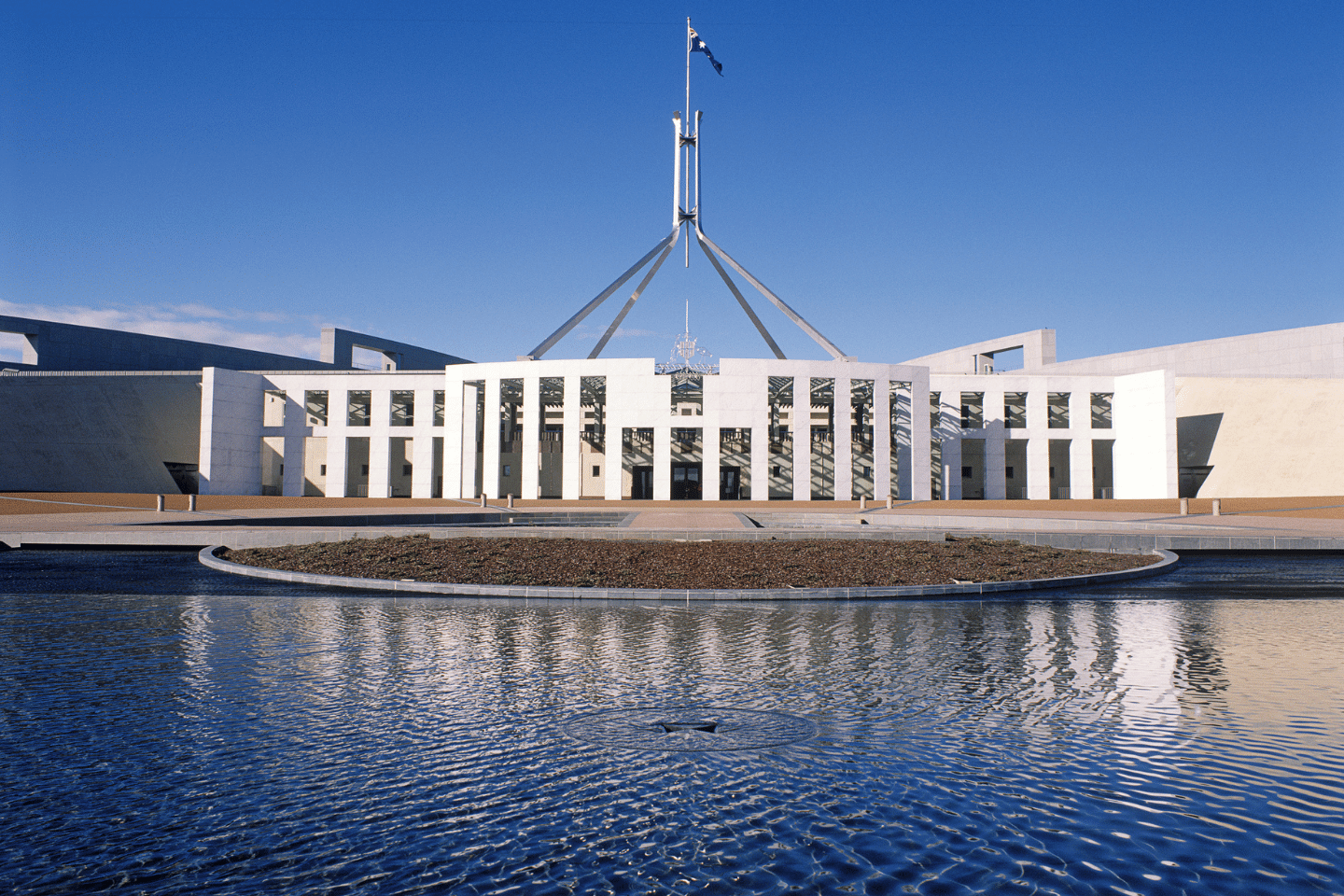Inheritance & Movement Of Wealth
Posted on:
The Largest Movement Of Wealth In Our History
More than $3.5 trillion dollars in inherited funds are expected to change hands within Australia during the next 20 years, with Australians enjoying one of the highest inheritance payout rates anywhere in the world.
According to investment bank HSBC’s Future of Retirement report, Australians pass on average $561,000 to their heirs, almost four times the global average of $148,000, with two in every three Australians planning to leave an inheritance.
This payout rate is significantly higher than has been the case for previous generations, with higher property prices and ever-increasing retirement savings creating larger and larger estates to be handed from one generation to the next.
Unlike most OECD countries, strictly speaking, there are no inheritance taxes in Australia, so this has also encouraged Australians to hold on to their estates until they pass, rather than distributing assets to the next generation while they’re alive.
The only exception is superannuation.
If, for example, a person inherits funds from a loved one’s superannuation account and they are not a dependent, the transfer will trigger a 15 per cent death benefit tax, plus Medicare levy.
This can be reduced if the person leaving the funds withdraws the money and places those savings outside superannuation as part of their general estate before they pass. But given most people don’t know exactly when they will die, this is a rare event.
The only other way of avoiding this death benefit tax is to establish a family trust.
However, establishing a family trust can be a complex and expensive option and requires sophisticated legal and tax advice before being implemented. But, as a strategy, it can successfully reduce your tax obligations.
Any asset can be inherited – from property to jewellery, from shares in listed companies to fine art. Even animals can be included in your Will. If you can own it, then it can be passed on to a beneficiary when you die.
Receiving an inheritance, though, can be more complex, and professional advice should be obtained regarding how to best manage and invest any funds received.
Regarding any Centrelink entitlements, inherited funds are included for the purpose of the asset test. Therefore, they are subject to the normal deeming regulations and will impact pension entitlements accordingly.
For most people, the biggest challenge is to find a way to squeeze these funds into superannuation, where they can be invested within a tax benign environment. And once they are used to support an account-based pension, they will effectively become tax-free in terms of any capital gains or income.
This is where you need to seek professional advice.
The rules governing just when and how much can be contributed to super will vary depending on your age, whether you are still working or not, and how much you already have in super.
As estates become larger, it is increasingly important to get good advice to ensure your assets are distributed in line with your wishes. The simpler and more straightforward your Will, the more likely it is to be successfully implemented.
In addition, most advisers encourage clients to put in place a living Will, where, either in writing or via a conversation with your beneficiaries, you outline precisely what your wishes are and the reasons behind them.
By doing this, you are likely to discourage any challenges to your Will, challenges that can be extremely costly. Moreover, given that challenges can be financed by funds held within the estate, the prospect of challenges can in themselves sharply decrease the remaining assets to be distributed.
If you would like more about this topic and it’s impact on your personal situation, Manly Financial Services have the experience and knowledge to help you. Feel free to give us a call on (02) 9976 3388 or contact us via the below link.






















































































